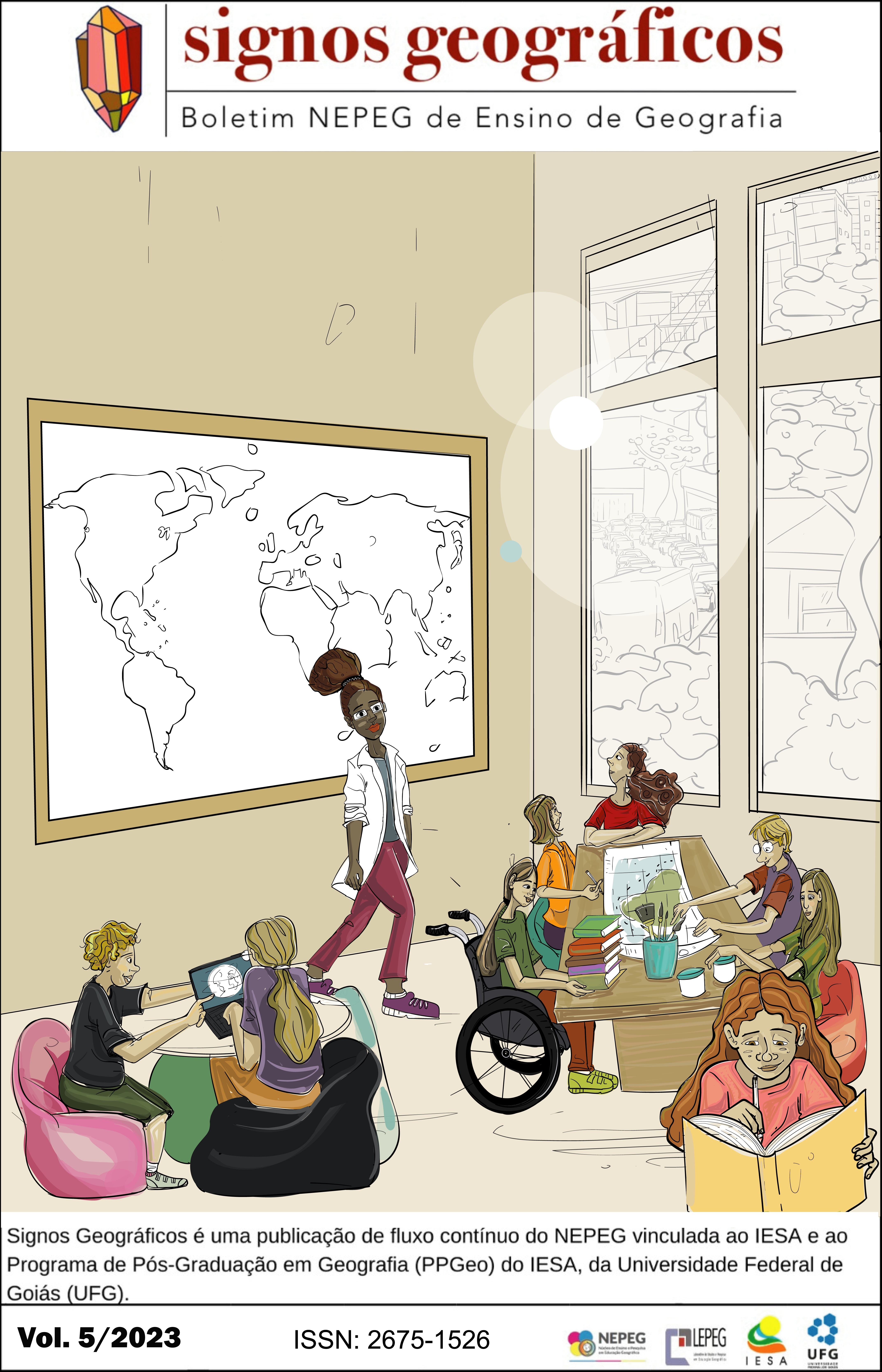Diálogo sobre a cidadania na BNCC numa perspectiva freireana
DOI:
https://doi.org/10.5216/signos.v5.77433Palavras-chave:
Base Nacional Comum Curricular, emancipação humana, formação cidadã, perspectiva freirianaResumo
O objetivo deste artigo é discutir a perspectiva de emancipação humana e de cidadania apresentada na Base Nacional Comum Curricular (BNCC), fazendo, desse modo, uma conexão e um diálogo com a perspectiva freiriana. O problema norteador consiste na seguinte investigação: Qual a contribuição da BNCC para promover uma formação na perspectiva cidadã e de sujeitos humanamente emancipados? O estudo envolveu pesquisa bibliográfica e documental, pautada na hermenêutica dialógica e amparada em elementos da Análise Textual Discursiva (ATD). Os autores fundamentais para o estudo incluem Copatti e Andreis (2021), Simões e Andreis (2019), Freire (1974, 2004, 2001), Gadotti (2013) e Silva e Estormovski (2023). A pesquisa indica que a formação para a cidadania, a partir dessa política, caminha na direção de uma visão encurtada do mundo, com precária contribuição para a educação emancipatória humanística e, em boa medida, imputando à escola o compromisso de encontrar caminhos para responder a esta demanda. Interligando a BNCC aos princípios pedagógicos preconizados por Freire, refletimos sobre a educação que transcende os discursos mercadológicos, e seja voltada à emancipação humana. Concluímos que a Base Nacional Comum Curricular (BNCC) desempenha um papel significativo na formação de sujeitos alinhados aos imperativos e demandas do sistema neoliberal por priorizar os interesses do mercado em detrimento da formação humana emancipatória, defendida pelo educador Paulo Freire. Destacamos, assim, um desafio à formação de sujeitos críticos que possam, de fato, contribuir para a construção de uma sociedade mais justa diante da priorização dos interesses do mercado subjacentes na BNCC.








